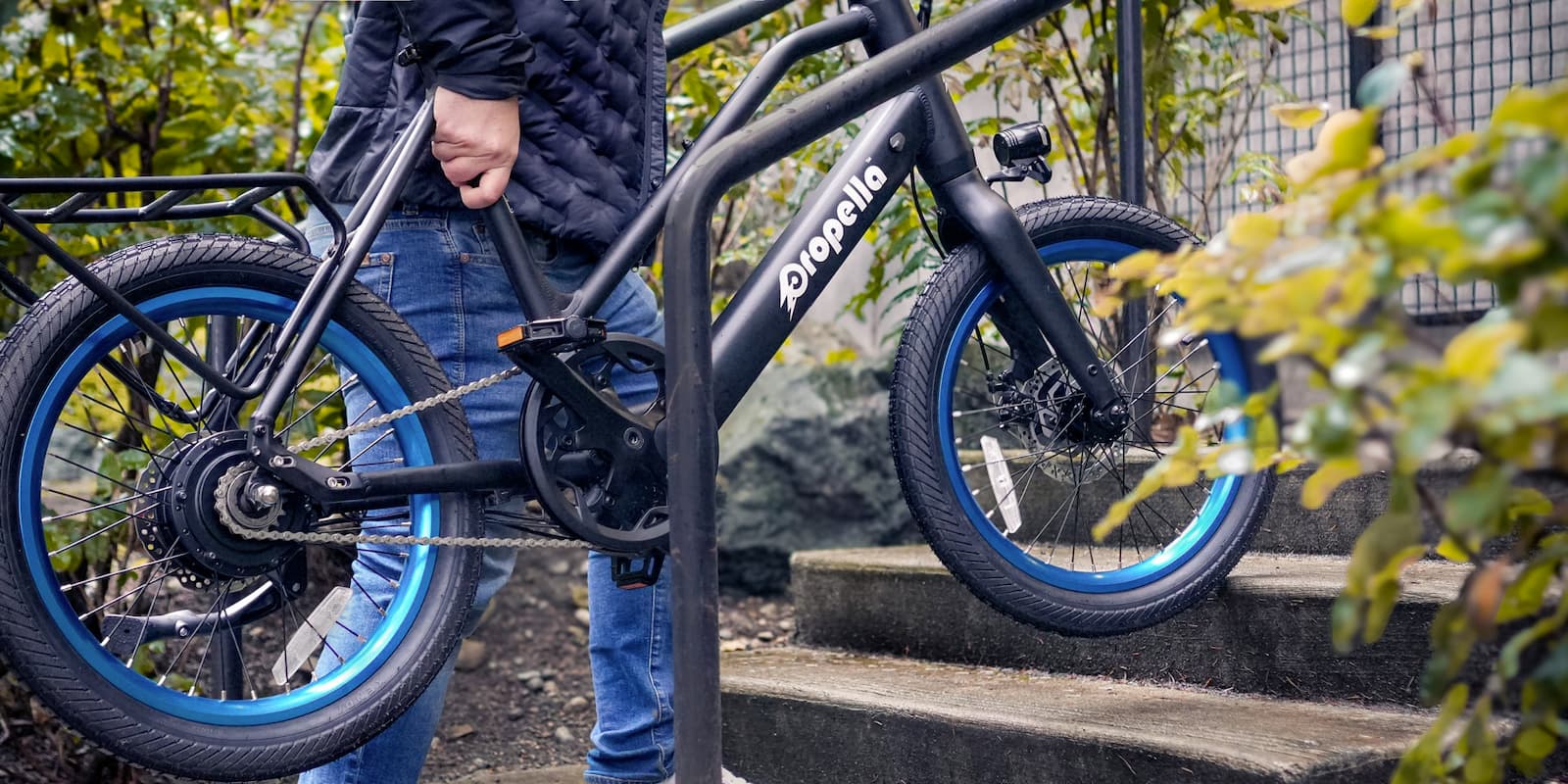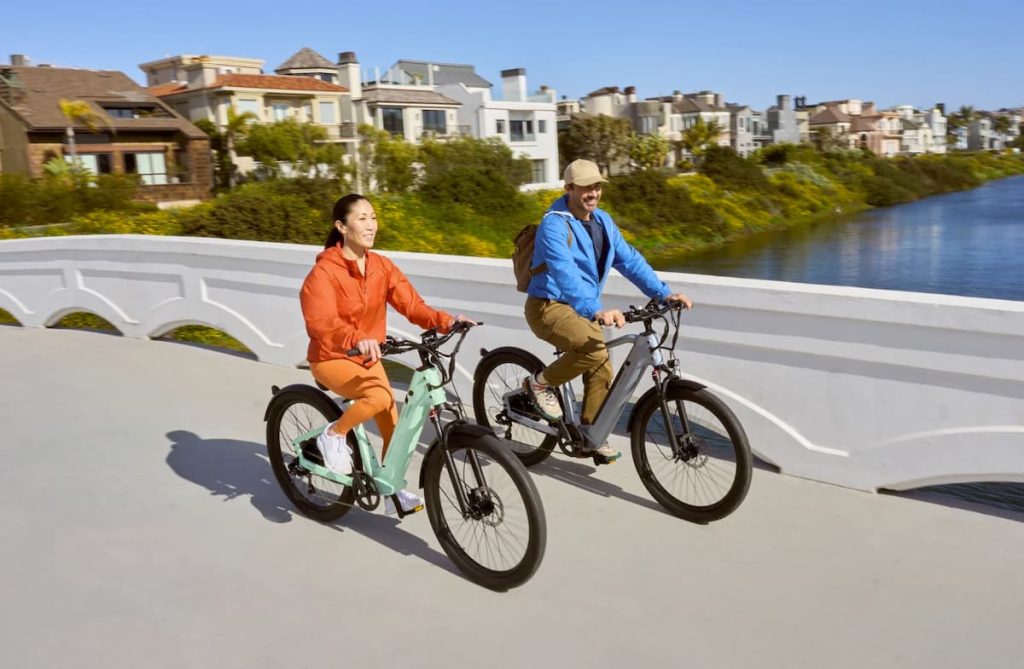
It’s been a rough week for anyone who enjoys the freedom of riding e-bikes without undue state-applied hassle and burden. The latest news sure to disappoint electric bike riders and proponents of reduced car usage comes from the Garden State, where a pending New Jersey bill seeks to require e-bike riders to register their bikes and carry liability insurance.
The news follows on the heels of other major e-bike crackdowns, including a California plan to require a special driver’s license for e-bike riders and a new practice by Dutch police of stopping e-bike riders and performing road-side speed compliance checks.
Bill S2292 outlining the new e-bike rider requirements is slated for discussion today.
The proposed legislation, which is thought to have significant support in the state legislature, would also apply to electric scooter riders.
The bill aims to require of e-bikes and e-scooters the same type of registration and liability insurance regulations currently applied to motor vehicles such as cars and motorcycles. This is despite electric bicycles and e-scooters repeatedly being classified as consumer products and not motor vehicles at the federal level.

Support for the new legislation is built around several fatal crashes involving electric bicycles, though Streetsblog pointed out that the actual numbers betray the reasoning. Compared to 192,709 fatalities linked to automobiles in the period from 2017-2021, there were just 119 fatalities linked to electric bikes.
In other words, cars appear to be roughly 1,600x more deadly than electric bikes. And that ratio is only going up. Thus, if the goal is to save lives, there is far lower-hanging fruit that doesn’t require climbing all the way up to the canopy for a few tiny apples.
Top comment by Didier Puzenat
The problem is the lack of a proper definition of what an "e-bike" is. In France, and probably in many European countries, most "e-bikes" are "VAE" for "vélos à assistance électrique" or in English "bicycles with electric assistance". Such VAE are legally bicycles, period. But being a VAE implies you must pedal to move, and the electric assistance only works under 25 km/h (15 mph) . Of course you can go faster than 25 km/h but it will be only with the power of your legs as for a non electric bicycle. And of course you cannot exceed speed limits, in my city (Lyon, France's second largest city) it is 30 km/h on most roads (for all vehicles including of course cars). You can buy and use an "e-bike" that is not a VAE but it is not a bicycle so you cannot use bicycle infrastructures, you must wear an helmet, you must be registered, you must have an insurance, etc. So all "e-bikes" are welcomed (less cars and pollution) but the law understands that you cannot have 10 years old children alone on a bicycle lane among people speeding. I am not sure all that is relevant for the US, but it makes a lot of sense in Europe where we want to be able to use bicycles without risking our life (idem for our children). To conclude, VAE are just a good solution to move in the city, eg to go to work, even if you are not "athletic", even if there is a big slope, even if you have a meeting just 5 minutes after arriving at work. I am 53 years old, a bit fat, and I use a VAE to go to work every day.
The legislation is widely condemned by e-bike riders as being an unnecessary burden that will only serve to decrease the number of people riding bikes, increase the number of cars on the road, and result in even more deaths due to the lopsided transportation impact of the legislation.
Many e-bike riders choose to commute on two wheels because they can’t afford a car, with a new car payment in the US costing on average $530-$730 for used and new cars, respectively. You can buy a decent commuter e-bike for just a single month of car payment. And considering most e-bike riders spend less than $1 per month on charging expenses, the small amount of maintenance pales in comparison to the maintenance and operating costs of cars.
Thus, the proposed bill would likely put a highly inequitable burden on low-income riders who may not be able to afford the costs of registration or monthly insurance.
Many other riders have purchased an e-bike as a low-cost alternative, allowing them to leave their car in the garage more often and commute on two wheels whenever and wherever possible. But if a second insurance policy is required, more part-time e-bikers could be dissuaded from adopting alternatives to their cars.

FTC: We use income earning auto affiliate links. More.



Comments